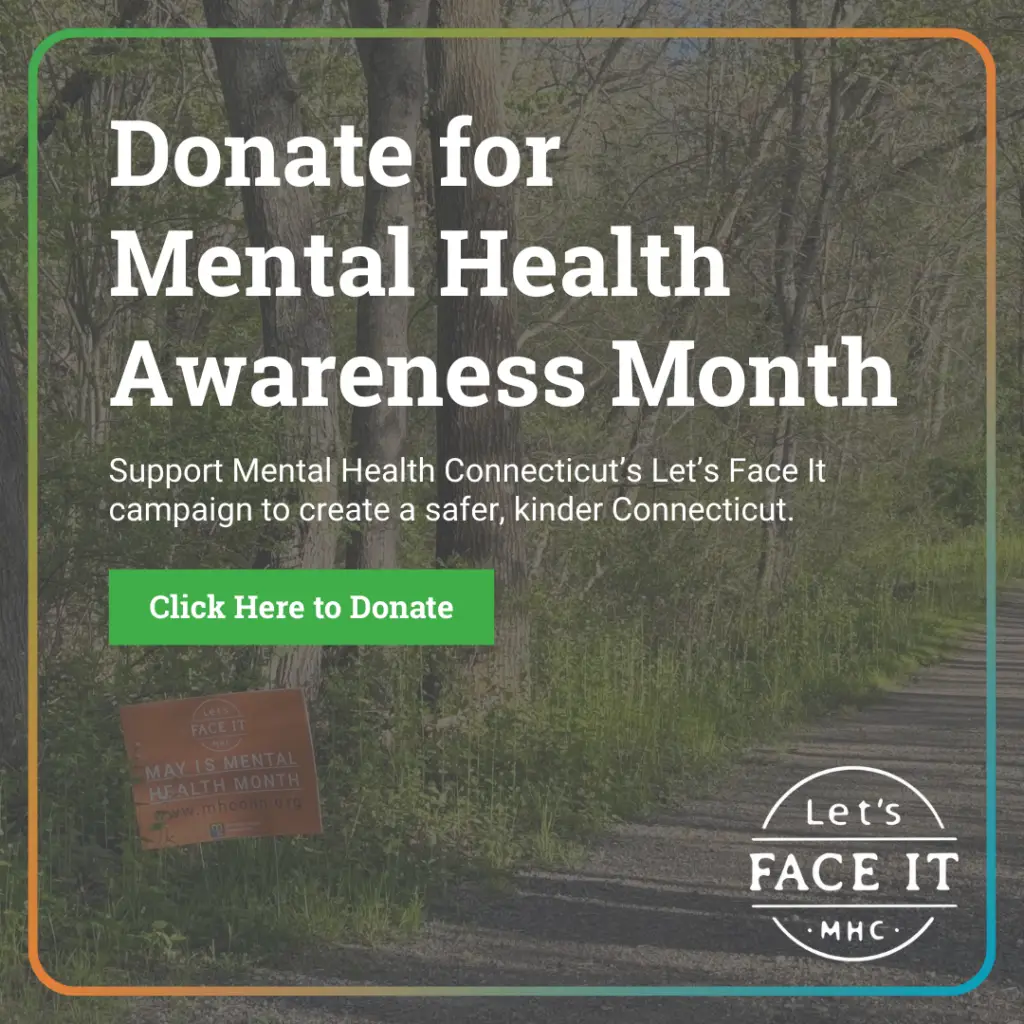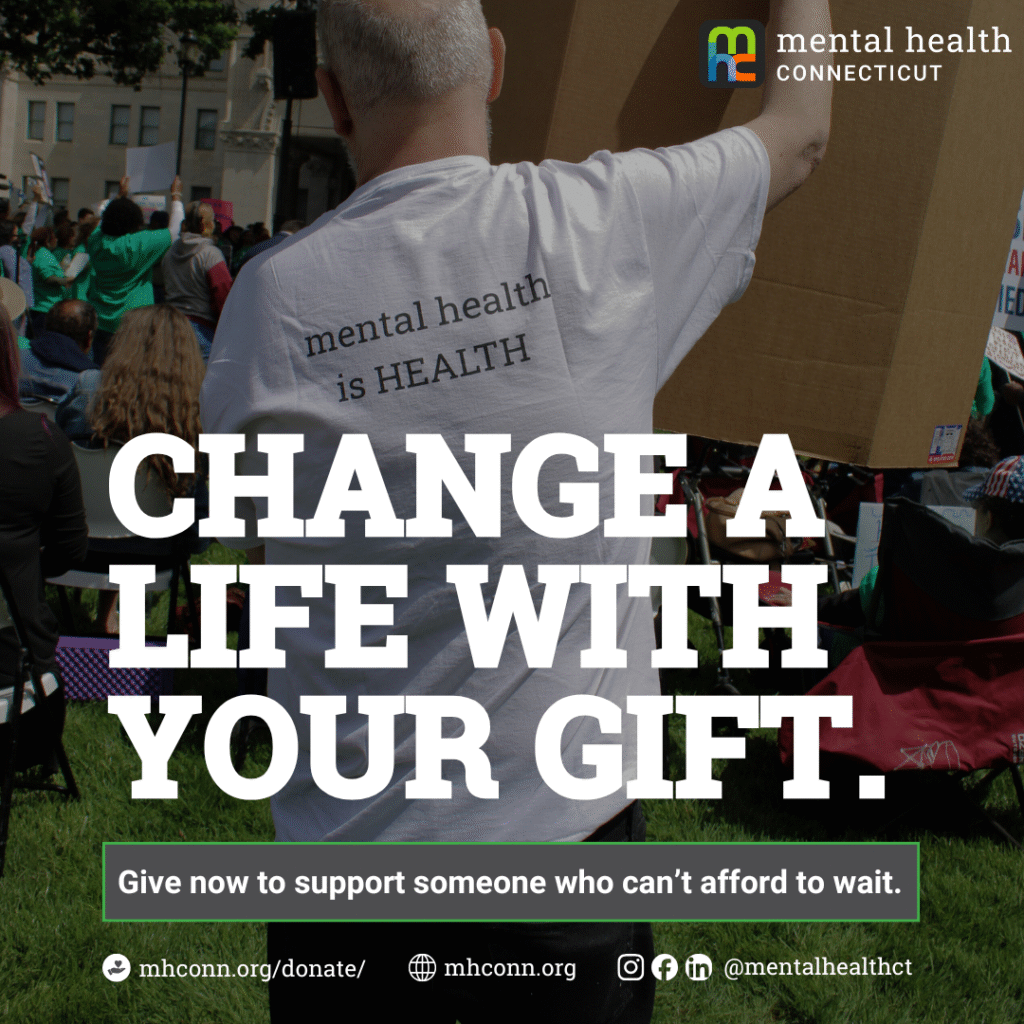Contributed by: Jane Sandwood
 Around 1 in every 5 American adults (equating to 43.8 million) experience a serious mental health issue in any given year, according to the National Alliance on Mental Illness. Of those affected by mental health concerns, about 9.8 million individuals have one or more major life activities hindered by their condition.
Around 1 in every 5 American adults (equating to 43.8 million) experience a serious mental health issue in any given year, according to the National Alliance on Mental Illness. Of those affected by mental health concerns, about 9.8 million individuals have one or more major life activities hindered by their condition.
Mental health illness is often a very lonely road for those experiencing it and can result in a vicious circle as some of the effects of the condition, such as hair loss, can amplify feelings of desperation and unease. While it is often a lot easier said than done, it is vitally important to seek professional medical or holistic assistance for any mental health concerns so that they can be treated as soon as possible while minimizing the impact they have on an individual’s everyday life. When it comes to attempting to prevent and ultimately treat conditions such as hair loss it is important to have a good understanding of the various conditions.
Anxiety and stress
Anxiety comprises of a lot more than just trembling hands and heart palpitations. There are countless physical symptoms associated with the disorder including heart problems, organ damage and even hair loss. Anxiety, like any other illness, affects each individual differently and while some may never experience any hair loss, others may find their hair falling out in large clumps. We tend to take great pride in our hair with our confidence often suffering significantly when our hair is not in a good condition. The link between self-esteem and hair is astounding with it being common knowledge that a healthy self-esteem forms a vital part of good mental health. Studies have shown that stress and anxiety can contribute to a number of hair loss conditions such as the following:
Alopecia areata is a condition that causes the hair to suddenly fall out in large clumps and affects approximately 6.8 million people in the USA. The condition occurs when the body’s immune system attacks the hair follicles with stress and anxiety having a known effect on the various functions of the body, including the immune system. Hair loss may be limited to the scalp but can occur throughout the body and may, unfortunately, be a permanent fixture.
Telogen effluvium occurs when a substantial amount of anxiety and stress can cause the hair follicles to resume a resting phase which can, over a prolonged period of time, cause the hair to either fall out in clumps or weaken significantly in structure, causing it to break and look dull and lifeless.
Other disorders
Apart from anxiety, individuals diagnosed with OCD, impulse control disorder and bipolar disorder may also experience hair loss. Trichotillomania creates an irresistible urge to pull out the hair from your scalp, eyebrows and possibly other areas of the body. This type of behavior is most commonly found in people with OCD and can permanently damage hair follicles if it remains untreated. Other mental health conditions can indirectly cause hair problems due to the medications used to treat them such as beta-blockers, antidepressants and various mood stabilizers.
Unfortunately, hair restoration and regrowth does not happen overnight and can cause ones confidence and self-esteem to take a severe knock, resulting in even more anxiety and stress. It is vitally important to tackle all mental health concerns speedily and in a supportive and sensitive manner that will not only help the patients address any hair-related issues but will help them improve their overall well-being as well.








